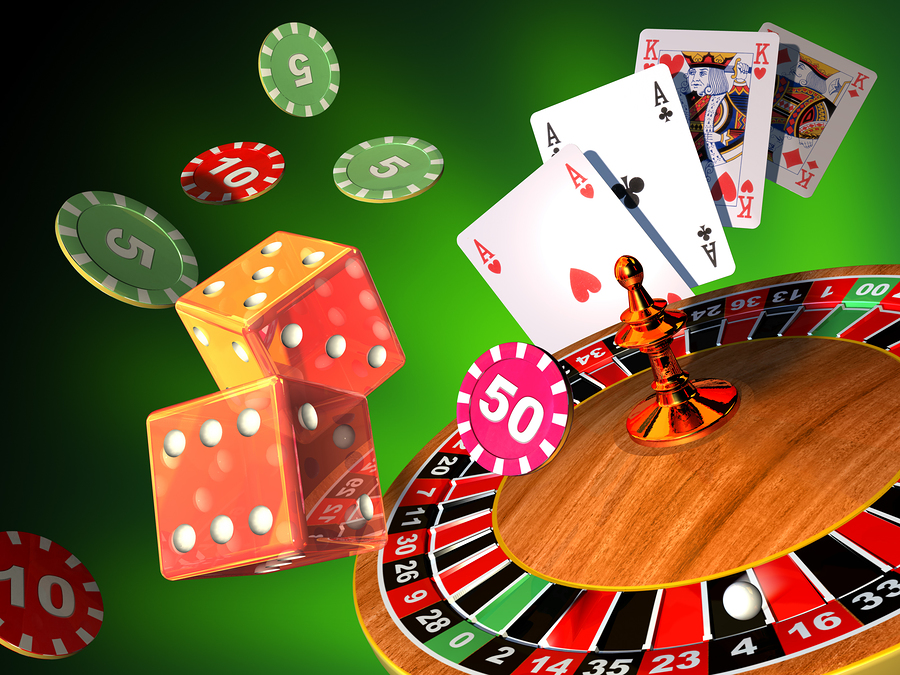
In the dynamic world of gambling, gambling house activities have long enthralled the imagination of gamblers around the world. These games, including timeless table options like poker to the whirling reels of fruit machines, offer an intriguing blend of chance and tactics. While chance undeniably plays a important role in influencing outcomes, the significance of expertise in many casino options cannot be overlooked. Grasping how skill affects the experience can elevate not only a gambler’s experience but also their odds of success.
As we delve deeper the inner workings of gambling options, it becomes clear that some demand a strong base of wisdom and planning. Games like Texas Hold’em demand more than just luck; they demand analytical thinking, emotional insight, and calculated decision-making. In comparison, other activities, such as the roulette wheel and slot machines, are primarily driven by luck, allowing participants to rely exclusively on random chance. This difference raises thought-provoking questions about what truly drives victory in the world of casinos and how a gambler’s abilities can tilt the balance in their favor.
Understanding Skill versus Luck in Gambling Games
In the sphere of casino games, the debate between skill and luck is a enduring one. Numerous games are often categorized into two groups: those that depend predominantly on randomness, such as slots and roulette, and those where skill plays a major role, like the game of poker and 21. The distinction is crucial because it influences not only gameplay strategies but also the approach players take when participating with these games. While luck can play a critical role in the immediate, skilled players can improve their chances of winning over the extended period in skill-based games.
Skill-based games, especially poker, demand players to comprehend odds, psychology, and game strategies. A seasoned poker player can analyze opponents, make strategic bets, and understand when to fold, all of which can lead to more successful outcomes. On the other hand, in games that are purely chance-driven, no amount of skill can alter the odds. This means that while a player may win big in one session, their success may often be at the mercy to the vagaries of random outcomes rather than any tactical expertise.
Ultimately, both skill and luck coexist in the world of casino games, forming a vibrant environment for players. While games of chance can provide thrill and instant gratification, mastery and strategy in skill-based games offer a deeper level of engagement for those prepared to invest time in honing their craft. This interaction between skill and luck defines the journeys of players and shapes their connection with the games they choose to play.
The Impact of Ability on Game Outcomes
In the field of casino games, skill plays a crucial role in determining the outcomes, especially in games where strategy and choices are paramount. For example, in poker, players must analyze opponents, calculate odds, and make strategic bets to maximize their odds of winning. Unlike activities that depend purely on luck, such as slots or roulette, poker demands an understanding of both the rules and the psychology of other players, making skill a critical component of success.
Additional skill-based games, like blackjack, also highlight the importance of player expertise. Knowledge of basic strategy, card counting, and when to hit or stand can significantly influence the house edge. A proficient 21 player can lower this edge and improve their odds of success significantly. BET88 This contrasts with activities that do not permit for such tactical play, demonstrating how the level of expertise directly affects the possibility for positive results.
Moreover, even within games considered primarily luck-based, like craps, the choices made by gamblers can impact their overall success. Choosing the optimal bets, comprehending the likelihoods of different outcomes, and managing one’s bankroll are essential factors that can enhance a participant’s experience and results. Thus, while luck remains a factor in casino games, ability can significantly affect how efficiently participants navigate these settings, leading to more positive outcomes.
Approaches for Proficient Play in Gaming Establishments
To thrive in casino games, players must develop a solid understanding of the regulations and odds involved in each game. This foundational knowledge enables individuals to make educated choices, especially in skill-based games like poker and 21. Getting familiar oneself with game tactics, such as keeping track of cards in blackjack or recognizing wagering trends in Texas Hold’em, can significantly enhance a player’s odds of success. Rehearsing these tactics through mock games or lower-stakes games allows players to refine their skills without putting substantial amounts of cash at risk.
One more key strategy is bankroll management. Players should establish a budget before going into the casino and follow it strictly. This involves deciding how much they are prepared to lose and setting limits on how much they will wager in each session. By keeping a disciplined approach to gambling, players can sustain their play and reduce the risk of significant losses. Additionally, taking breaks can help preserve a clear mind and prevent impulsive decisions that often lead to unfavorable outcomes.
In conclusion, managing emotions is vital in the high-stakes environment of a gambling house. Players must be adept at controlling their emotions, particularly during times of success or losing runs. Staying focused and not letting emotions dictate gameplay can lead to more sound decisions. Techniques such as taking deep breaths or stepping away from the gaming table during heated moments can help maintain composure. By cultivating a balanced mindset, players can approach casino games with confidence and skill, ultimately improving their overall gaming experience and outcomes.

